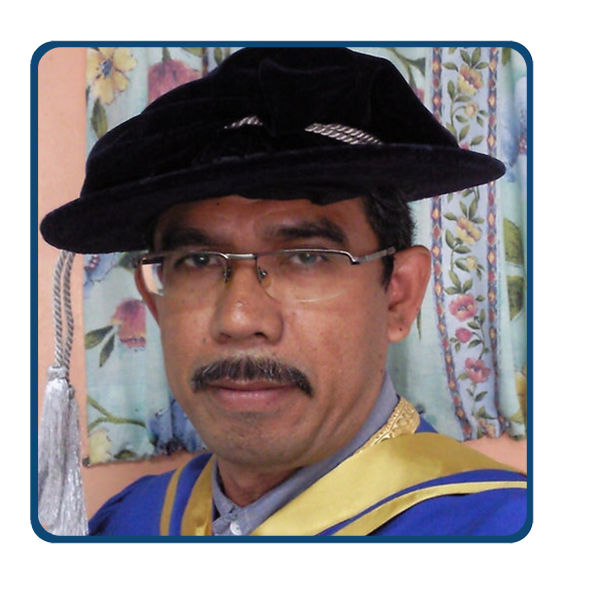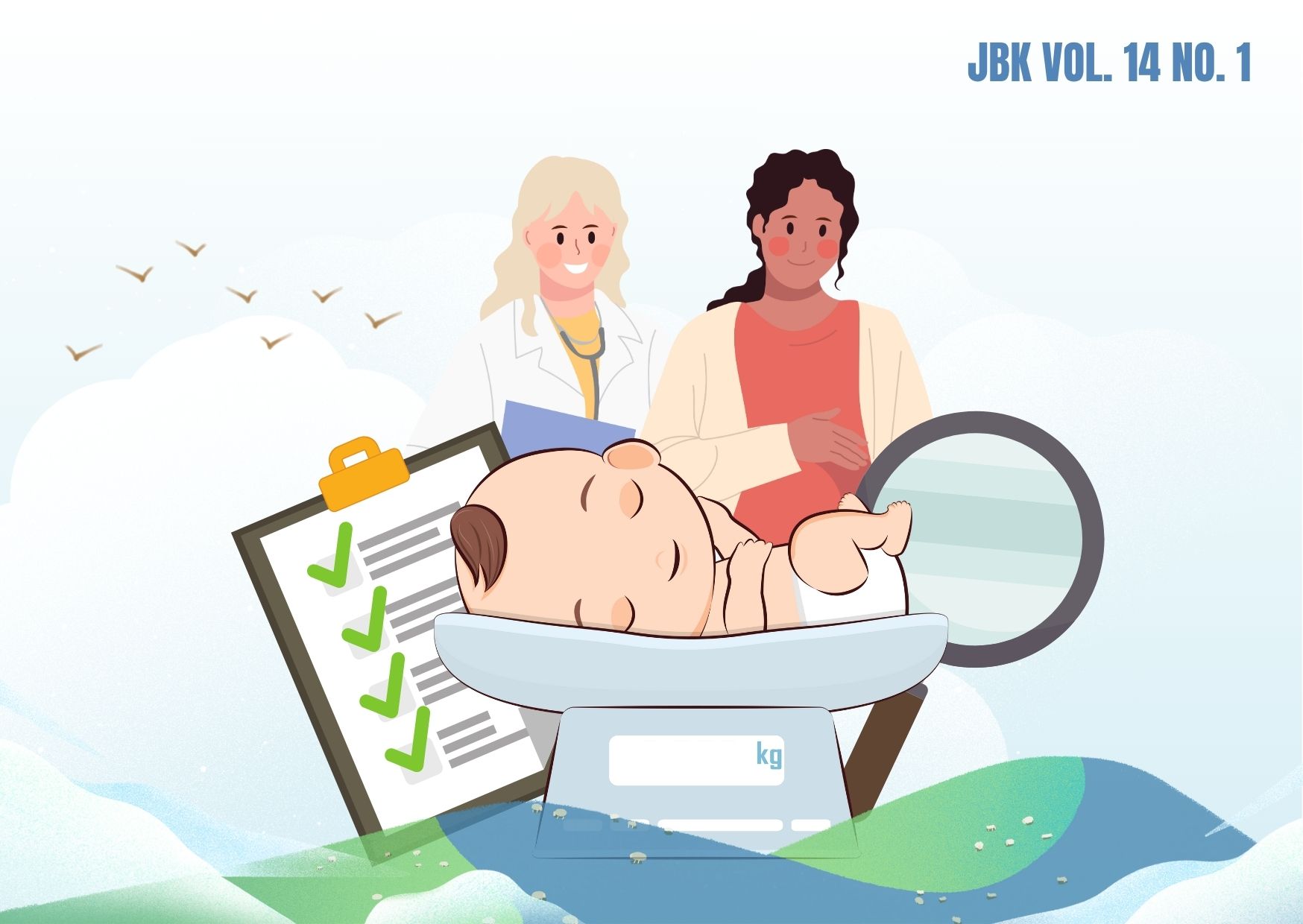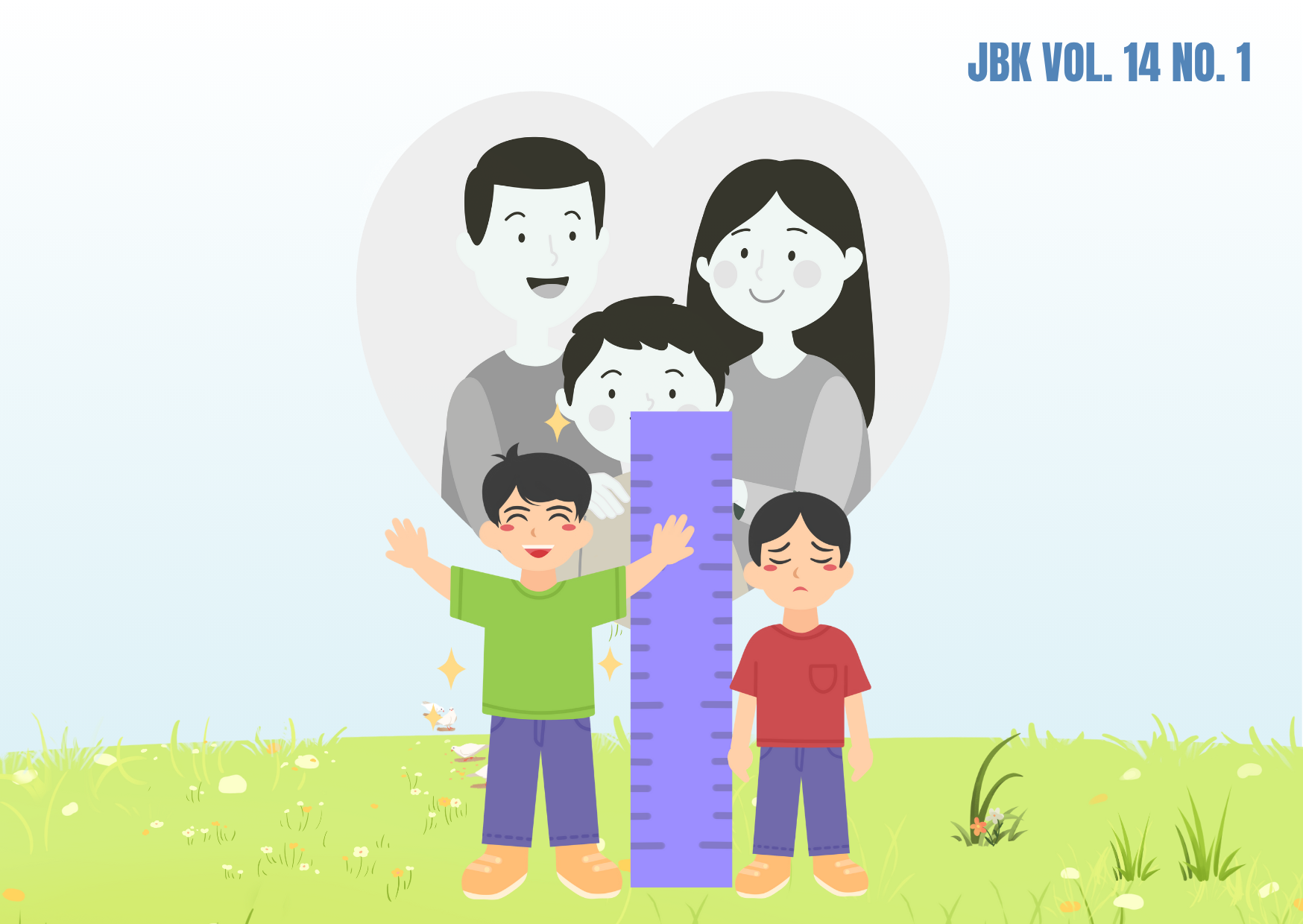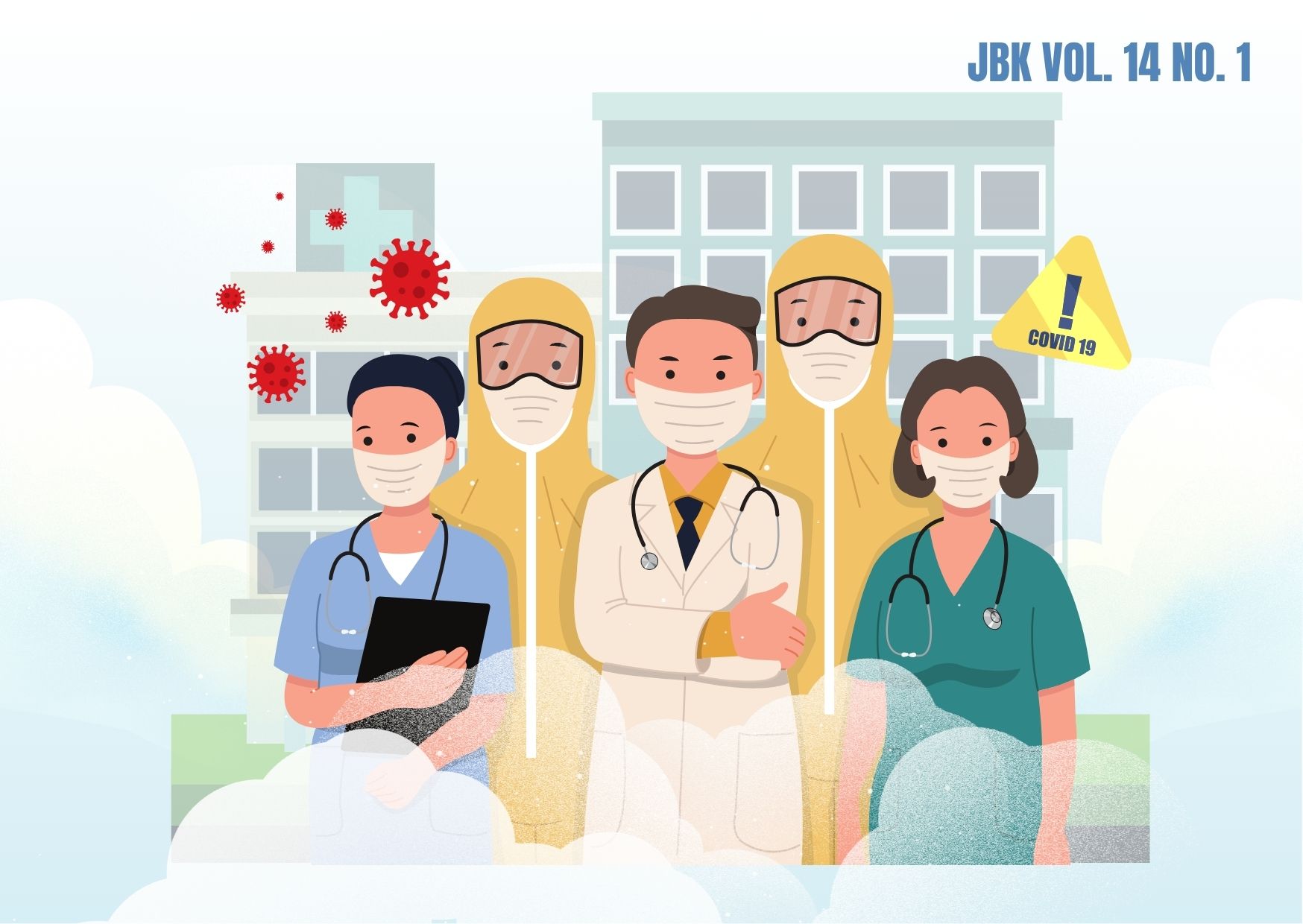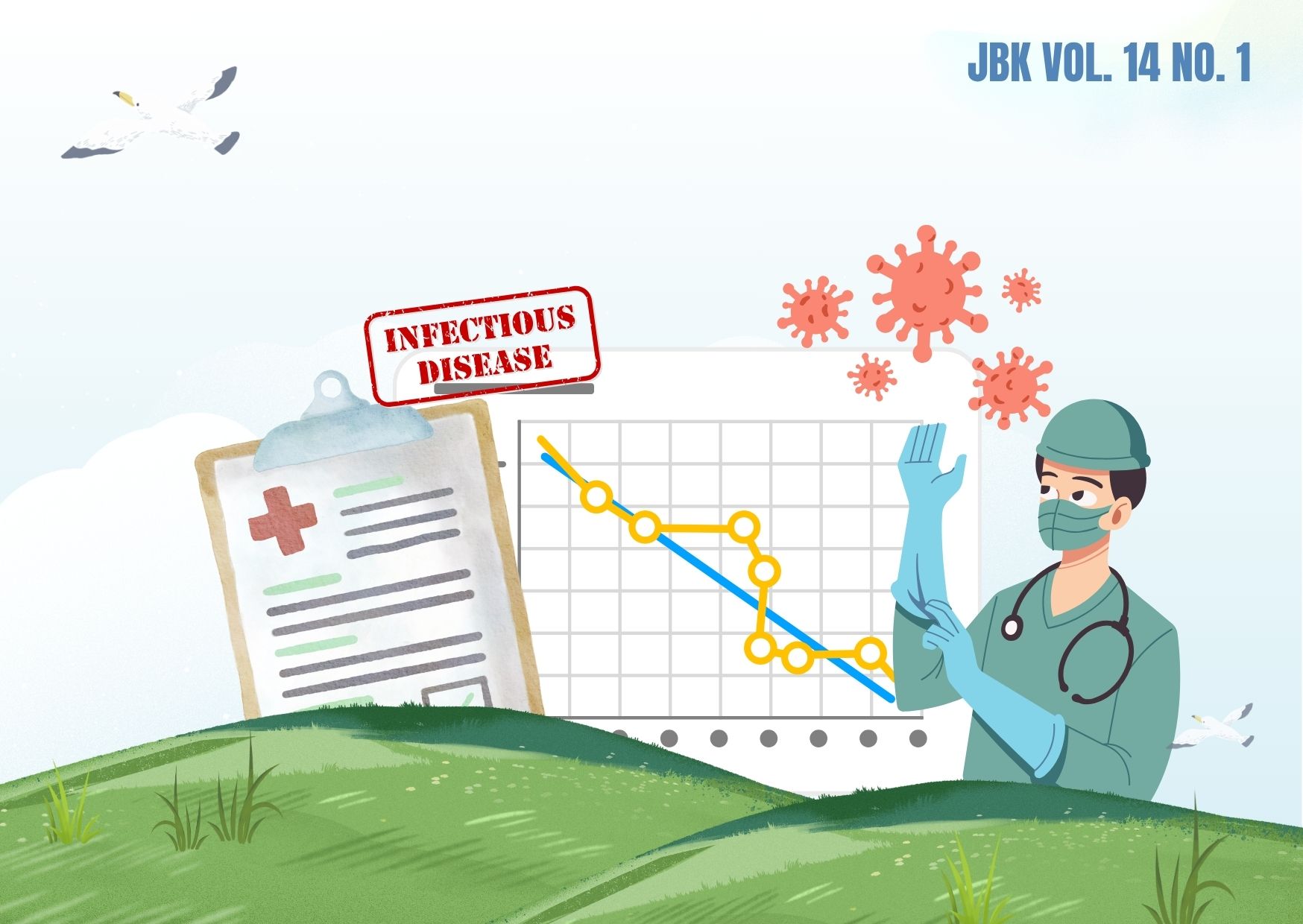Peran Karakteristik Responden dan Dukungan Tenaga Kesehatan dalam Identifikasi Faktor yang Terkait dengan Kegagalan Pemberian ASI Eksklusif
Downloads
Depkes. 2008.Modul Kegiatan Inisiasi Menyusui Dini (IMD) dan ASI Eksklusif 6 Bulan. Jakarta: Departemen Kesehatan.
Dewi, R. 2010. Pengaruh Post Partum Blues Terhadap Keberhasilan Menyusui di Kota Bengkulu Propinsi Bengkulu. Media Kesehatan, 13.
Dinkes. 2014. Profil Kesehatan Kabupaten Malang. Malang: Dinas Kesehatan Kab. Malang.
Dinkes. 2012. Profi l kesehatan provinsi Jawa Timur. Surabaya: Dinas Kesehatan Provinsi.
Dinkes. 2013. Profi l kesehatan provinsi Jawa Timur. Surabaya: Dinas Kesehatan.
Abdul, N. 2014. Menelusuri Akar Masalah Rendahnya Persentase Pemberian ASI Eksklusif di Indonesia. Al Hikmah Vol. XV Nomor 1/2014, 110.
Februhartanty., 2012. Profiles of Eight Working Mothers Who Practiced Exclusive. Breastfeeding medicine, 54.
Hamidah, N. 2016. Identifikasi Faktor yang terkait dengan Kegagalan dalam Pemberian ASI eksklusif Pada Bayi 0 = 6 Bulan. skripsi: Universitas Airlangga. Surabaya.
Permenkes. 2013. Pekan ASI Sedunia Permenkes Nomor 39 Tahun 2013. Jakarta: Direktorat Bina Gizi.
Putri, P. 2012. Gambaran Faktor-Faktor yang Memengaruhi Pemberian ASI eksklusif di Kelurahan Kunciran Indah Tangerang: Universitas Indonesia, Surabaya 47–48.
Rebhan, B. K. 2009. Breastfeeding Duration and Exclusivity. Data From a Prospective Cohort Study in Bavaria, Germany. Acta Pí¦diatrica, 974–980.
Roesli, U. 2008. Inisiasi menyusu dini plus ASI eksklusif. Jakarta: Pustaka Bunda.
Roesli, U. 2000. Mengenal ASI Eksklusif. Jakarta: Trubus Agriwidya.
Sandra Fikawati, A.S. 2009. Penyebab Keberhasilan dan kegagalan Praktik Pemberian ASI Eksklusif. Kesehatan Masyarakat Nasional vol.4 No.3, 130.
SDKI. 2012. Survei Demografi dan Kesehatan Indonesia. Jakarta: Badan Pusat Statistik.
Sriningsih, I. 2011. Faktor Demografi, Pengetahuan Ibu Tentang Air Susu Ibu dan Pemberian ASI Eksklusif. Kesehatan Masyarakat, 104.
World Health Organization. 2002. The Optimal Duration of Exclusive Breastfeeding. Geneva Switzerland: Report of an Expert Consultation.
Yarina, K. 2012. Studi Kualitatif Terhadap rendahnya Cakupan ASI Eksklusif. Kesehatan Masyarakat, 71–72.
Copyright©2022 Jurnal Biometrika dan Kependudukan (Journal of Biometrics and Population)
This work is licensed under a Creative Commons Attribution-NonCommercial-ShareAlike 4.0 International License.
1. Copyright of all journal manuscripts is held by the Jurnal Biometrika dan Kependudukan.
2. Formal legal provisions to access digital articles of the electronic journals are subject to the provision of the Creative Commons Attribution-ShareAlike license (CC BY-NC-SA), which means that Jurnal Kesehatan Biometrika dan Kependudukan to keep, transfer media/format, manage in the form of databases, maintain, and publish articles.
3. Published manuscripts both printed and electronic are open access for educational, research, and library purposes. Additionally, the editorial board is not responsible for any violations of copyright law.






